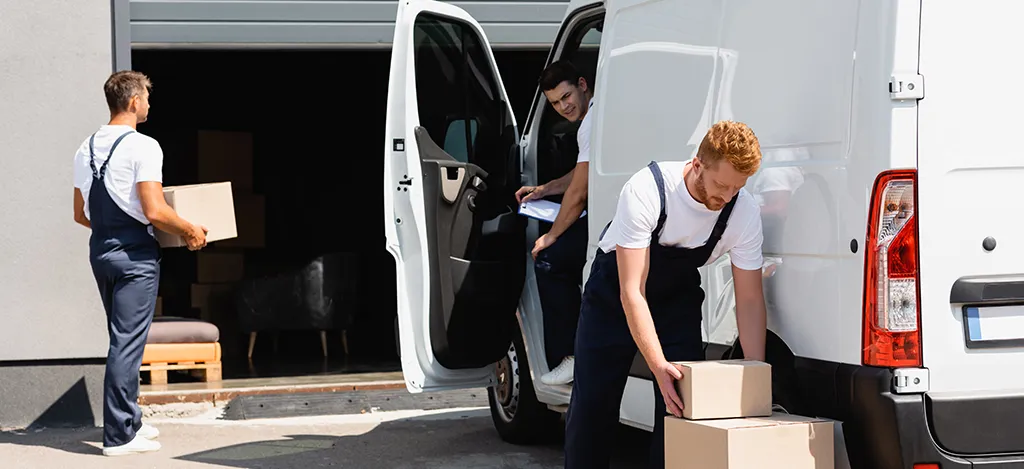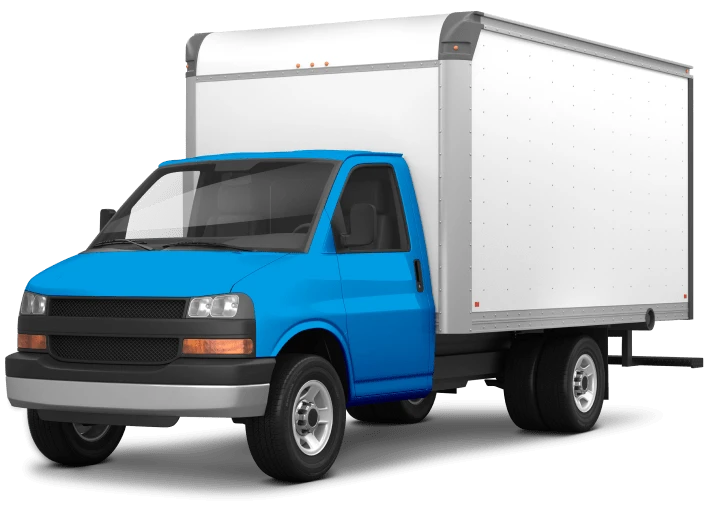How Much Does Last Mile Delivery Cost
Last mile delivery has become a valuable and desirable service, especially in the e-commerce segment. Many customers rely on this type of delivery service so they can get the goods in their hands.
How Much Does Last Mile Delivery Cost

Last mile delivery has become a valuable and desirable service, especially in the e-commerce segment. Many customers rely on this type of delivery service so they can get the goods in their hands.
In the supply chain, last mile delivery is by far the most expensive part. For the business, it costs somewhere around $10. For the customer, it costs $8.08 on average. These numbers are average for small parcels. For large cargo (e.g. electric appliances), they can be up to $50.
Last Mile Delivery Cost Structure
Last mile delivery costs make up almost 53% of the total shipping cost. Inside the supply chain, it takes up to 41%. What makes the last mile delivery cost so much? There are several factors.
- Fuel cost
- Labor
- TMS software cost
- Returns and failed deliveries
- Poor logistics
- High customer expectations
- Other expenses
Most of these factors can be minimized or eliminated if the business improves supply chain management and implements up-to-date software.
How is Last Mile Delivery Calculated
Overall last mile delivery costs are calculated as a percentage of the total transportation cost. As we mentioned before, it can be up to 53% of the total and up to 41% of the supply chain.
Last mile shipping, like any other transportation service, has common cost components:
- Vehicle expenses
- Handling
- Management expenses
Other factors are mostly related to:
- Labor price
- Material resources of the carrier
- Operation efficiency
How to Reduce Last Mile Delivery Cost
If you seek practical ways of reducing your last mile shipping costs, we have prepared a few options that can help.
More Delivery Options
Not all customers require same-day delivery. Some of them won’t be able to receive the package in the morning or at noon, etc. If you provide more delivery options, it will result in better delivery and fewer returns. Plus, your drivers would not drive extra miles and save you money on fuel costs.
Improve Your Logistics
By planning routes and mapping, you can save a lot of resources because your drivers will not be covering extra miles. Plan your routes based on vehicles you have in your fleet, traffic, and delivery needs.
Use Fitting Vehicles for the Delivery
Build your fleet according to your needs. There is no reason to buy a big truck if you can’t always fill them with cargo. Smaller, more compact vehicles will do great for delivery in any area.
Be Up-to-Date With Technology
It will require some investment from you, but it will greatly pay off in the future. Good TMS and additional software will improve your communication with the drivers and clients. Plus, you will be able to provide real-time package tracking.
Please fill out the form and one of our experts will contact you as soon as possible.
